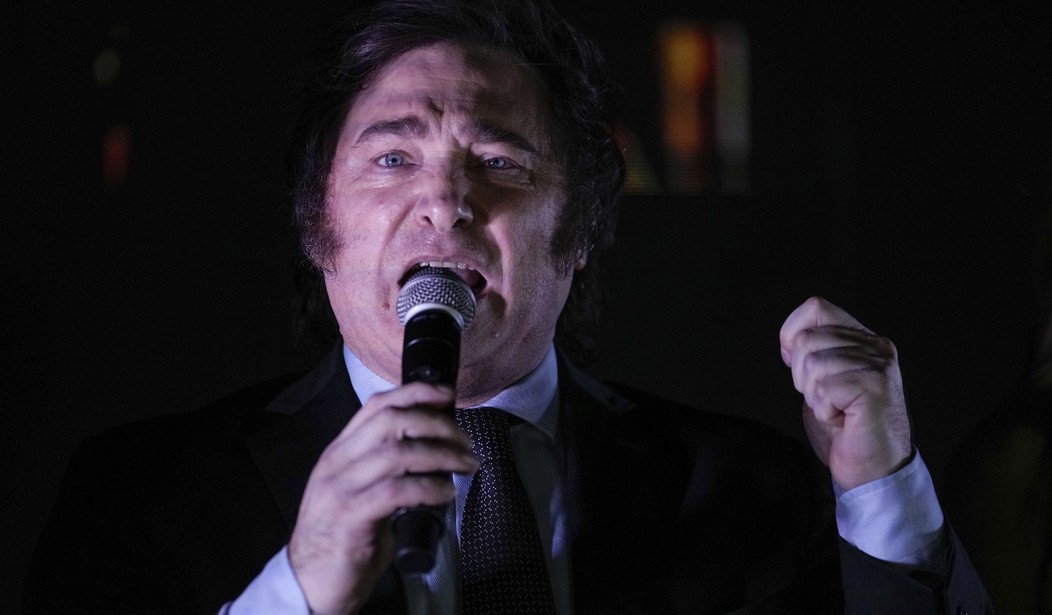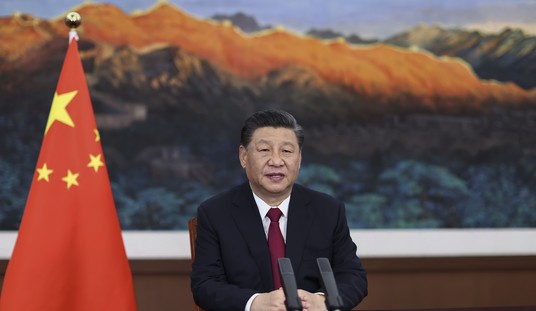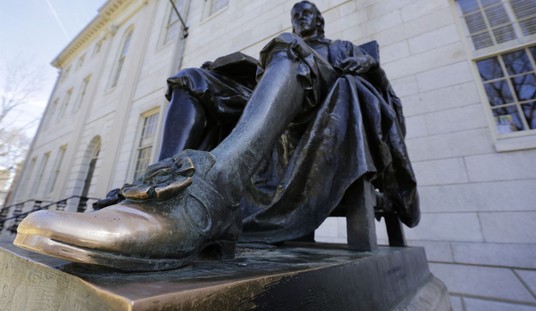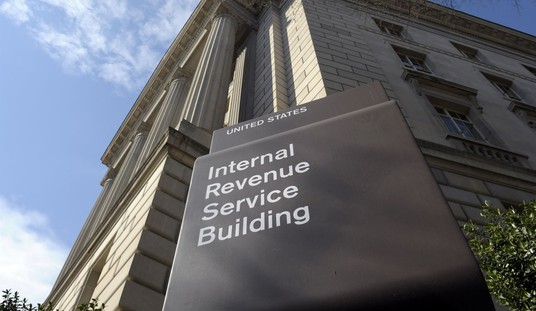Change is scary, but America has been going through a very steady change over the decades with undulations between radical change and slight, unnoticeable differences. It's actually the unnoticeable differences that are the most dangerous as you often don't even know much has changed until you look back a few generations and see the monumental differences, often far too late to influence them in any meaningful way.
But change isn't necessarily a bad thing. Change is as natural as it is inevitable. Trying to fight change is like trying to stop a river with a handful of rocks. Instead, it's smarter to look at society as a non-static thing and, with that understanding in mind, decide to focus more on who should be doing the changing.
At some point, Argentina looked back at its last few decades, saw the change it had undertaken, and decided that it needed its own radical shift by trying something it hadn't tried before, free market libertarianism. They elected a man named Javier Milei, a self-described "anarcho-capitalist."
(READ: Argentina's New President Proves the Power of Unapologetic Truth-Telling)
Many conservatives and libertarians look at the man as a hero and wish very badly that someone like Milei would be elected here in the United States. However, that's not likely going to happen because Milei is a very frightening man. He looks nothing like the big government devil America knows.
As syndicated columnist Ben Shapiro wrote in a new op-ed, Milei scares the left to bits--and for a very good reason:
Because the reality is that there are many in the United States and Europe, particularly on the political Left, who somehow feel more comfortable with the socialist radicalism of Lula De Silva, Gabriel Boric and even Nicolas Maduro than with anyone who smacks of libertarianism or conservatism. That’s because Argentina is a living example of what happens when corporatism and social democracy are taken to their limits: the substitution of governments for markets, the overregulation of industry in pursuit of social redistributionism, the attempts to create autarky via tariff protections and trade restrictions — the endless populist promise that if all power is given to the government to protect “the people,” all will be well. That promise always results in privation and misallocation, in tyranny and poverty.
While this is a very good point, I would add to Shapiro's point that this isn't just the left...this is the majority of America.
Every generation currently alive today in America has had government growth completely normalized for them to the point where drastic reduction of it, as Milei has proposed for Argentina, sounds frightening. The media could easily make it sound even more frightening than it actually is with ease-- because that level of minimization spawns an endless amount of "what if" questions and speculation about the fallout that would follow after the removal of so many "safety nets."
Many Americans are too comfortable with the devil they know. They would rather live with the certainty of degradation than embrace the uncertainty of the wild unknown of minarchism.
This might be an odd way of saying this, but Argentina had the benefit of its back being against a wall for such a drastic change from a leftist form of big government called "Peronism," and turning to the libertarianism of Milei, a man who seems more like the "Joker" in several ways than a world leader.
But the scary part is that America isn't actually that far from economic collapse itself. We're trillions of dollars in debt, and our spending is out of control. We have government organizations and departments that gobble up billions of dollars a year while accomplishing little more than making the lives of American citizens more complicated, and our bipartisan government proves to be filthy with politicians who are heavy and light versions of the same party.
This is the way it's been for a very long time. It's allowed us to slowly drift away from the American ideal of equality of opportunity, the American dream of building yourself up from nothing, and the American quality of freedom.
A cultural revolution that radically alters our political and economic course toward libertarianism, as happened in Argentina, is our best bet for a return to a nation we recognize.
It will take radical change to undo the gradual change, but perhaps America isn't quite there yet. I would love to be wrong, but our comfort level is still too high, and big government is so normalized in our minds that many Americans hardly flinch when it gets bigger.
But the truth is that it would be better for us to embrace a radical turn to libertarianism under a seemingly radical law un-maker than expect us to get better, as we continue to elect various degrees of pro-government lawmakers.
What was the definition of insanity again?














